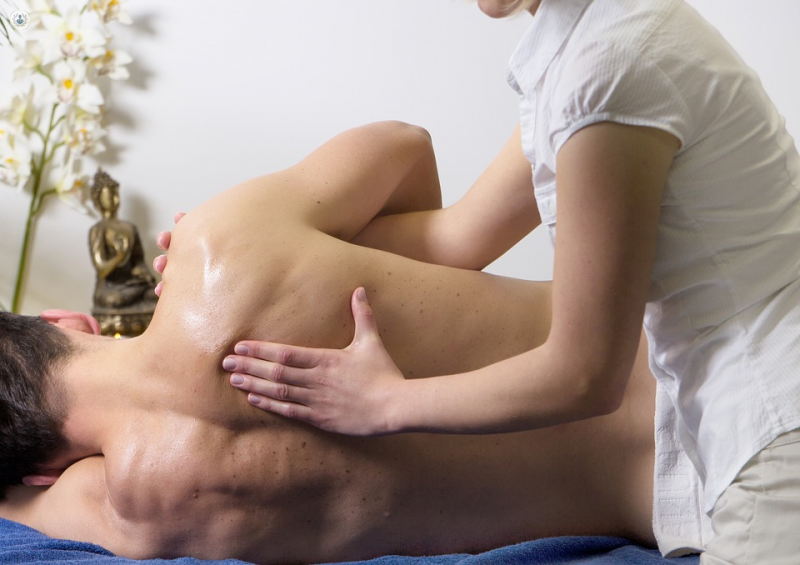What are the most common symptoms of a frozen shoulder?
Written in association with:In one of our latest medical articles here below, Mr Shyam Kumar, a highly regarded and established consultant orthopaedic and trauma surgeon, describes what frozen shoulder is, outlines the associated symptoms, and tells us how the shoulder condition is diagnosed and treated.

What is a frozen shoulder?
Frozen shoulder is a shoulder-affecting condition where the capsule of the shoulder joint contracts, resulting in the noticeable limitation of shoulder movement.
What are the symptoms of a frozen shoulder?
In the initial phase of the disease, patients tend to have more pain but later the stiffness tends to increase. Inability to reach objects above shoulder height is also another common complaint. Not being able to fully elevate the shoulder is a major symptom of frozen shoulder.
What causes frozen shoulder?
Frozen shoulder can be primary or secondary. The vast majority of cases are primary and there is no known cause. Sometimes, it can be associated with diabetes. Secondary frozen shoulder can happen when the shoulder is immobile for a long-time following injury or any other painful problems in the shoulder.
How is frozen shoulder diagnosed?
Frozen shoulder is generally diagnosed after a thorough medical history, a clinical examination, and the use of X-rays.
What are the treatment options for frozen shoulder?
Most patients can be treated with analgesics, physiotherapy+/-injections. Some resistant cases may need further interventions in the form of stretching the shoulder joint capsule with injection of saline (hydrodistension), manipulation of the shoulder under anaesthesia, or arthroscopic keyhole surgery.
How long does it take to recover from frozen shoulder?
The natural course of the disease can vary from one to three years, but this can be shortened by any of the above interventions.
If you wish to consult with Mr Shyam Kumar today, all you have to do is head on over to his Top Doctors profile to book an appointment with him there.


